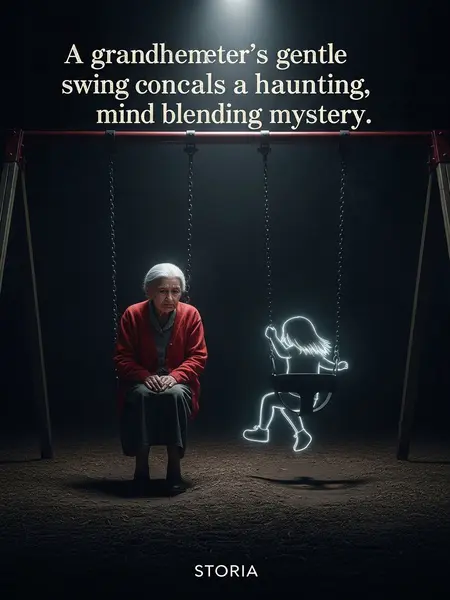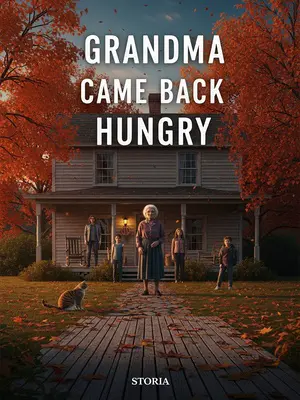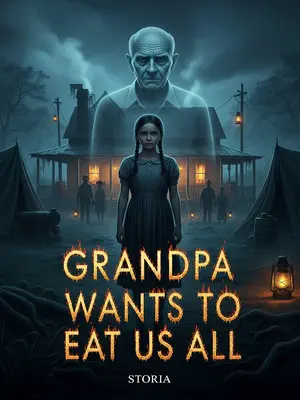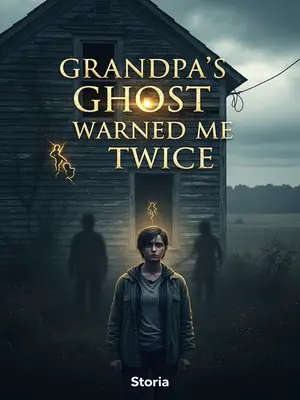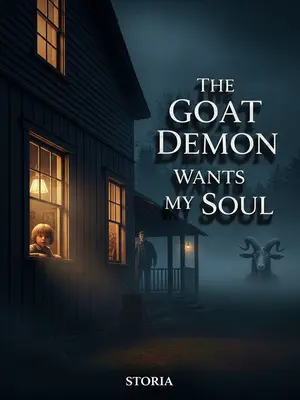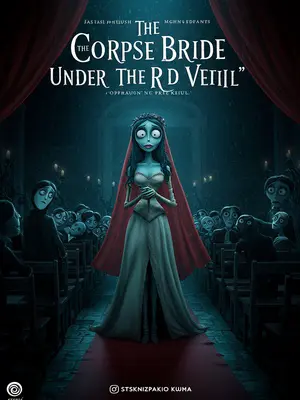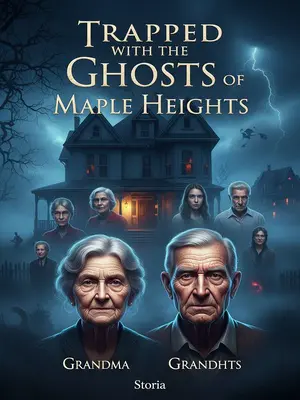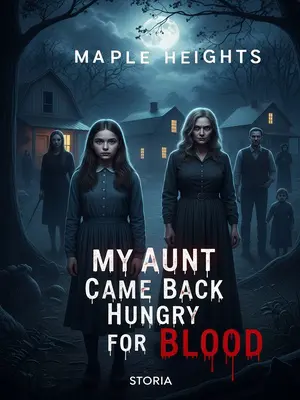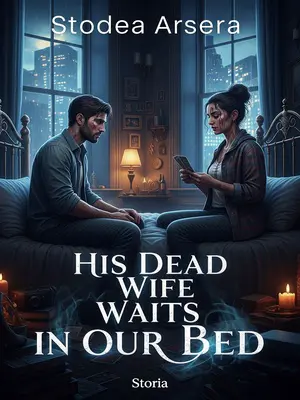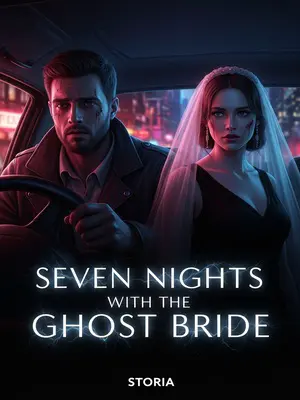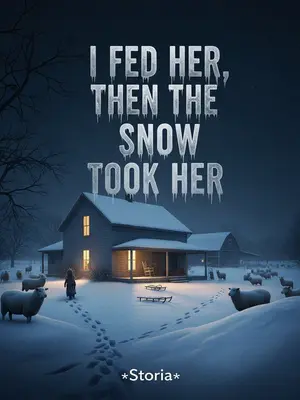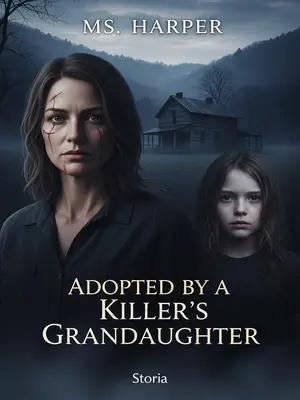Chapter 5: The Neighborhood and the Video
But the case was already strange enough. To be scared to death on a swing—just hearing it sent chills down your spine.
The playground had become a kind of haunted ground overnight. Parents hurried their children past, and the local newspaper ran a headline that made my blood boil: "Playground of Death." The phones at the station rang nonstop.
If we didn’t handle it perfectly, the public would never be convinced.
I met with the chief, who made it clear: "We need this tied up, by the book. No loose ends, no rumors." I nodded, feeling the pressure settle on my shoulders like a lead vest. The last thing anyone wanted was a story that spiraled into urban legend.
So I went back to the scene, visiting nearby residents to look for more witnesses.
The neighborhood was quieter than ever, the houses drawn tight against the world. I knocked on doors, flashed my badge, tried to look as non-threatening as possible. Most folks were nervous—no one liked a cop on their doorstep, especially after what had happened.
This was an old neighborhood, mostly older folks.
You could see it in the faded porch swings, the chipped paint, the sun-faded flags. There were plastic pink flamingos in some yards, and every mailbox looked like it had seen better days. Half the residents waved me off, muttering about "not getting involved." The other half just watched from behind lace curtains, suspicion in their eyes.
The buildings had no elevators, so there weren’t many people coming and going.
Three flights of stairs creaked under my boots as I made my way up, pausing to catch my breath at each landing. The halls smelled of old cooking and mothballs, the kind of scent that sticks to your clothes.
I noticed a window facing the swings, so I went up and knocked on the door.
The window was smudged with fingerprints and handprints—evidence that someone had spent plenty of time watching the world go by. I rapped gently, shifting from foot to foot as I waited.
An old man opened it; he lived with his grandson.
He squinted at me, adjusting his thick glasses. His grandson hovered behind him, peeking around his leg. The apartment was cluttered but warm, a box fan humming in the corner despite the season.
I asked,
"Mr. Grant, sorry to bother you. On the afternoon of September 7th, between five and seven, did you see anyone swinging out back?"
He scratched his chin, peering past me as if trying to reconstruct the scene in his head. His voice was gruff but not unkind.
The old man waved his hand impatiently, saying he hadn’t seen anything.
"Didn’t pay much attention, officer. My eyes aren’t what they used to be."
I was a little disappointed and was about to leave.
I was halfway to the door, already planning my next stop, when a young voice piped up from the kitchen.
Suddenly, his grandson piped up:
"Officer, why didn’t you ask me? I saw it, and I even recorded a video!"
The boy—a wiry twelve-year-old in a Bulls jersey—grinned at me, brandishing his phone like a trophy. "I was filming squirrels out the window, but I got them too!"
Startled, I turned back and quickly asked him to show me.
He unlocked his phone, swiping through a cluttered camera roll. "Here, check it out. You can hear the swing, too."
The video was shot at 6:02 p.m., only thirty seconds long.
The time stamp blinked in the corner, proof that the moment was real. The image was shaky, but clear enough to make my heart pound.
I opened it and saw Madison and her grandmother in the frame.
They looked so normal—Carol pushing Madison, who kicked her feet, laughing. The swings creaked, the old woman smiled. For a split second, you’d think everything was just fine.
The two were playing happily. Though the distance was a bit far, you could still faintly hear Madison’s clear laughter.
The girl’s laughter rang out, high and sweet, rising above the distant sounds of cars on Main Street. There was nothing in the world, at that moment, but joy and sunlight.
That was enough to prove Madison died on the swing—it was an accident.
Relief and sorrow twisted inside me. I thanked the boy, promising to return his phone as soon as I’d made a copy. He beamed, proud to have helped, while his grandfather just nodded, tired and wary.
After copying the video, I returned to the station and played it on the big screen for another look.
The tech room was quiet, the lights dimmed. Ramirez and Johnson joined me, watching as the video played out, frozen in that last happy moment. I leaned forward, searching for any detail I might’ve missed.
In the video, the swing was moving so fast that Madison’s face was a blur, but her bright laughter rang out.
The motion was almost dizzying, the blur of her face and dress blending with the sunlit background. The hum of the old desktop and the smell of burnt coffee filled the silence as we leaned closer, all of us bracing for something we couldn’t name. Her laughter—so full of life—echoed strangely in the silent room. I swallowed hard, wishing we could stop the clock at that exact instant.
I handed the video to a colleague in the tech department, asking him to enhance it.
"Can you sharpen this up?" I asked. The tech—Shawn, a wizard with pixels—nodded, fingers flying over the keyboard. The rest of us watched, nerves stretched thin.
Shawn’s fingers danced over the keys, the screen flickering, pixels crawling into focus. My stomach dropped as Madison’s face came into view. As the image sharpened, the mood in the room shifted.
Ramirez leaned in, her brow furrowing. Johnson muttered a curse. My own pulse picked up, dread settling in my gut like ice.
After the video was enhanced, Madison’s face became clearer—and much more terrifying.
The little girl’s features resolved into something inhuman—eyes wide, mouth gaping in silent terror. It was the same expression we’d seen that night, etched forever into her delicate face.
Just like the night we found her.
The memory returned with a vengeance—the creak of the swing, the cold air, the sense that something ancient and dark had settled over the playground. I fought the urge to look away.
Her mouth was wide open, eyes bulging, face contorted, skin as pale as a ghost.
Ramirez gasped, covering her mouth. Johnson stared, eyes wide with horror. The room seemed to shrink, the air thick with dread. No child should ever look like that—not in life, not in memory.
Clearly, it was the face of a dead person.
Even Shawn, usually unflappable, looked shaken. "Man, I don’t know how you deal with this stuff," he muttered. I clapped him on the back, but my own hands were shaking.
Even more chilling, as the video played on, Madison’s corpse on the swing seemed to come alive, letting out a shrill, eerie laugh that made our blood run cold.
For a moment, it sounded almost like feedback, a digital glitch. But then it rose—high, piercing, a sound that didn’t belong to any living thing. The tech room went silent, every one of us frozen in our seats.
Why would a dead person laugh?
The question echoed through the room, unspoken but palpable. I turned off the monitor, pressing my palms to my eyes. In all my years on the force, I’d never felt so unsettled—so lost between the world of the living and the world of the dead. Somewhere outside, a swing creaked in the wind, and every one of us knew we’d never hear that sound the same way again.
